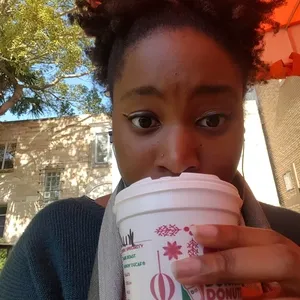It is no surprise that to this day there is still a problem with diversity in media. Only a year ago, the Oscars were being criticized with the trending #OscarsSoWhite. And only a couple of weeks ago, Rachel became the first black star on The Bachelorette. The series, along with The Bachelor, had more than 30 seasons prior to this “milestone” of proper representation.
Whitewashing in media has affected so many cultures. From Coachella to the Kardashians, here is why visibility is so important to me as a woman of color.
My Culture is Not a Fashion Statement
One of my greatest fears is that a whole generation will believe cornrows are really called “boxer braids”. But on a serious note, society has always given me the idea that professional means bone straight hair and “ghetto” means something like the cornrows I wear to bed. It basically sends the message that my culture is not good enough until somebody makes it “relevant” or fashionable.
Today, we see it in the small details — everything from hair to clothing accessories. Bindis, headdress, and dreadlocks are just a few things I have seen on the runway that don’t honor my culture in the way I think they should. My perspective would have probably been different if I saw more women who looked like myself in magazines and runways.
Television and Their European Beauty Standards
In all honesty, I cannot remember the first time I got my hair straightened or relaxed. However, I can remember the joy I felt to look more like the girls on television. I could never have blonde hair, blue eyes, or a thin body, and it broke me down. Constance Wu speaks for us all when she says heroes come with different appearances.
I can remember the first time I wore my natural hair in public. I received a mixture of looks including confusion, disgust and for some, pride. I never understood why looking different from the European standard of beauty was considered rebellion. I just wanted to be and look like myself.
Women of color experience the pressure to conform to these beauty standards on a daily basis. For example, the influx of double eyelid surgeries in Southeast Asia. Or the selling of skin bleaching products in the streets of Johannesburg. I always hear about the “price of beauty,” but shouldn’t that price be painless and free?
Accepting Who We Are
This discussion could go on and on, causing more controversy over the global crisis of colorism. But nevertheless, what I want the most is to see my culture portrayed in a better light. In fact, I’d like to see all cultures represented and celebrated for their own unique attributes.
I am a black woman, and I am a human. We are all different — we come in all shapes, sizes, colors, personalities and more. That statement alone is what I wish to see more of. Diversity and visibility should not be scary words. They should be words used to improve the mindset of our future generations.


